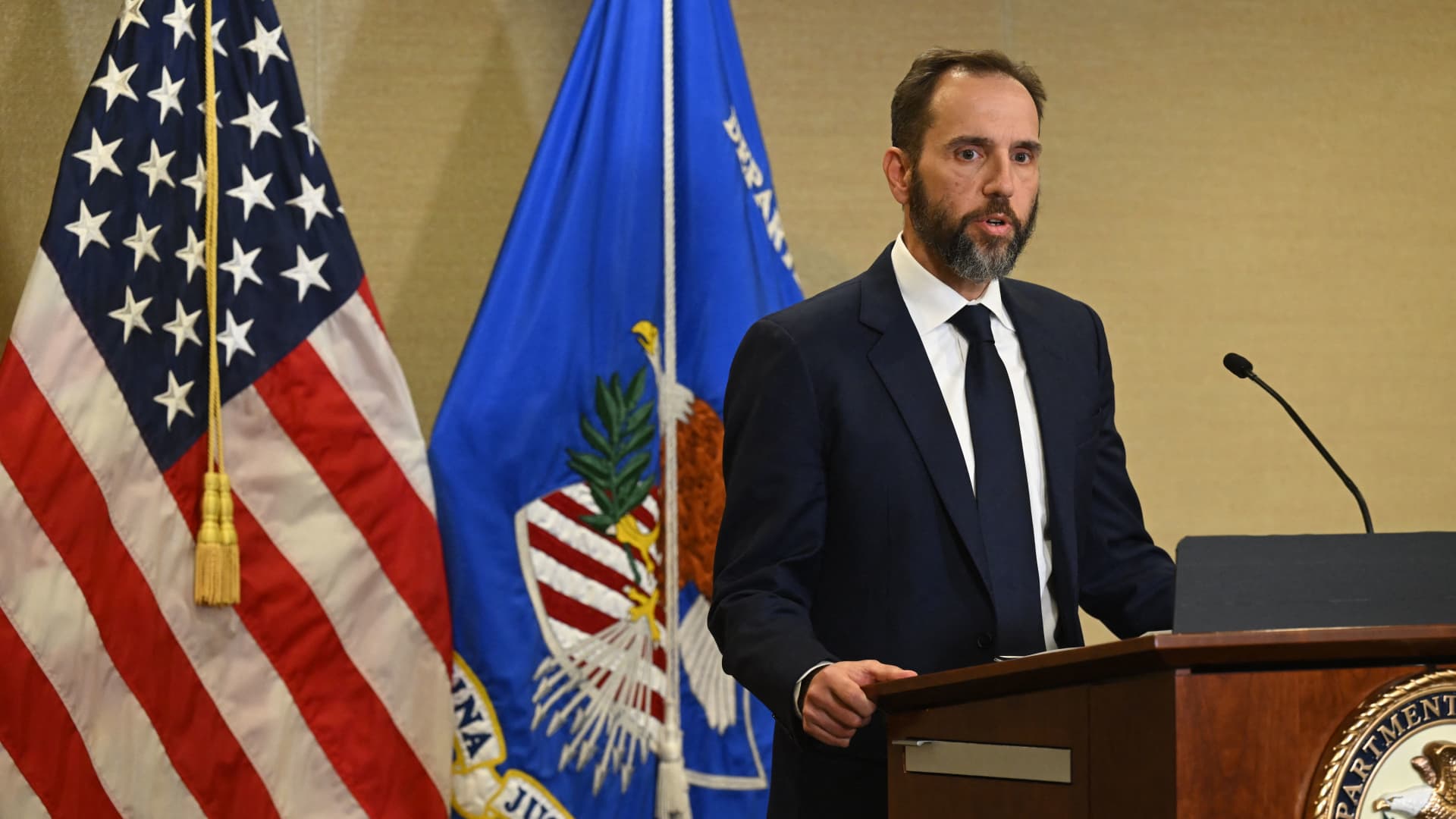US Markets
Wednesday, July 31st, 2024 3:28 pm EDT
Key Points
- Positive Outlook for the British Pound: Analysts from investment banks, including Goldman Sachs and UBS, are optimistic about the British pound’s potential for further gains, despite the possibility of the Bank of England cutting interest rates soon. Goldman Sachs set a target of 1.31 for the pound against the dollar, while UBS highlighted the newfound political stability in the U.K. as a positive factor.
- Political Stability and Economic Policies: The Labour Party’s recent electoral victory and Keir Starmer’s leadership have brought political stability, which, along with market-friendly policies, is expected to attract capital flows into the U.K. The new government has announced initiatives like a national wealth fund to drive investment, signaling a stable economic direction.
- Potential Risks from BOE Rate Cuts: Despite the recent strength of the pound, there are concerns about the potential negative impact of the Bank of England’s anticipated rate cuts. A rate reduction could weaken the pound, as it would reduce the returns on U.K. assets. The decision on rate cuts is finely balanced, with services inflation remaining a key factor for the BOE’s considerations.
The British pound has been one of the best-performing major currencies this year, with analysts from several investment banks optimistic about its future prospects, even as the Bank of England (BOE) considers cutting interest rates. Goldman Sachs analysts remain bullish on the pound, setting a target of 1.31 against the dollar, up from the current trading level of around 1.28. UBS analysts also share a positive outlook, noting that the U.K. may have become the most stable political entity in the G-10 after the Labour Party’s decisive victory in early June, which brought Keir Starmer to power. This newfound political stability, along with still-high interest rates, could attract capital flows into the U.K. after years of being a less attractive investment destination.
Jane Foley, Head of FX Strategy at Rabobank, predicts the pound will continue to strengthen due to optimism around potential investment growth and the market-friendly policies of the new Labour government. The government’s commitment to economic stability is further underscored by British Finance Minister Rachel Reeves’ announcement of a new national wealth fund and a Budget Responsibility Bill, aimed at fostering investment in key sectors like gigafactories and hydrogen.
Despite this optimism, there is some uncertainty around the BOE’s upcoming monetary policy decision. Markets have priced in a 60% probability of a rate cut at the BOE’s August 1 meeting. While lower interest rates typically weaken a currency by reducing returns on assets, the overall inflation rate has aligned with the BOE’s 2% target, though services inflation remains high at 5.7%. This sector-specific inflation is a critical factor for policymakers, and its persistence could justify a rate cut. BOE’s Chief Economist Huw Pill expressed caution, acknowledging some risk of persistent inflation but suggesting rate cuts are likely in the near future barring significant new shocks.
The situation remains fluid, with the BOE’s decision finely balanced. Sree Kochugovindan, senior research economist at Abrdn, noted the likelihood of a rate cut, with a close call among Monetary Policy Committee members. The final decision will heavily depend on the services inflation data, which could dictate the BOE’s next steps in managing the country’s monetary policy. As the markets await the BOE’s decision, the pound’s future trajectory remains a focal point for investors and economists alike.
For the full original article on CNBC, please click here: https://www.cnbc.com/2024/07/31/currency-markets-banks-get-bullish-on-the-british-pound.html




